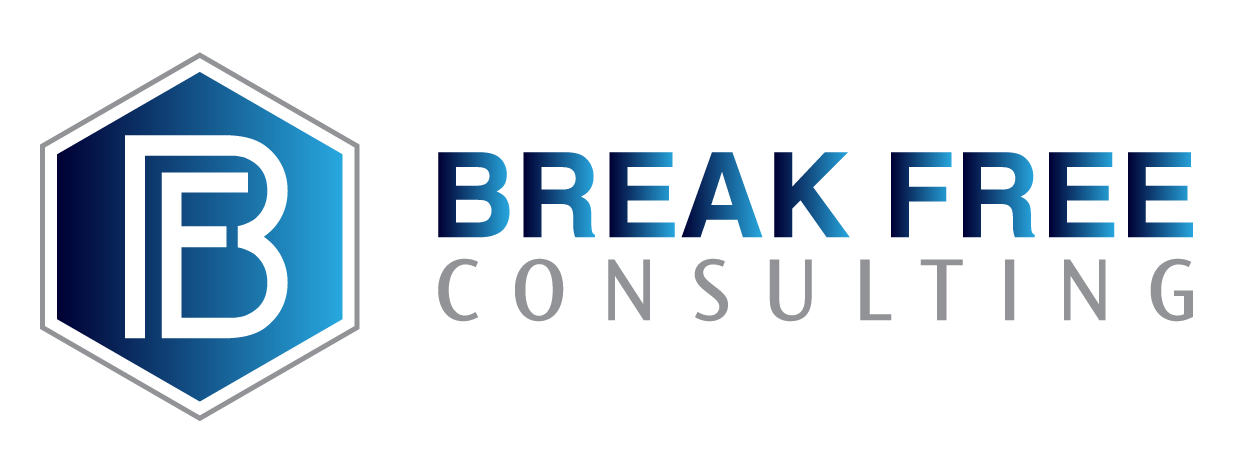 |
||||
You Don’t Need Time ManagementYou Can’t Manage TimeHave you ever been told “You need a time management course.“? Or maybe you’ve said to yourself, “I need to manage my time better.“
I noticed the same thing when I played college basketball. (Ok, no laughing there. I know I’m only 5’4″ tall but I have a mean cross-over dribble… ok, had a mean cross-over. 😉 I always ‘achieved’ my worse grades in the fall semester when we didn’t have regularly scheduled practices. In-season, my grades were almost a point higher!! That doesn’t seem to make sense if you look at the extra work I had to do in-season. I had much less free time. However, when my focus was on basketball, it was so much easier for me to say “No. I’m not going to that frat party. I have a game tomorrow.” or “No. I can’t go to that concert. I have practice.” It was easier for me to “manage my time.” However, were Evan and I really “managing our time?” Now this may simply sound like semantics but words are important. Words are the basis of our thoughts. Words are powerful. We think using words. They can build us up and tear us down. If you continue to tell yourself that you need to manage time better… If you tell others that they need to manage time better… I believe you are asking for the impossible. And as we’ve talked about before, asking for the impossible leads to frustration, discouragement, disappointment, and yes, even disaster. Working Longer & HarderStudies have shown that we are working longer and harder than ever. In our fast-paced, rapidly changing world, “managing time” and increasing productivity has never been more critical and more challenging. You and those around you have been given the same amount of time as everyone else. Bill Gates, Mark Zuckerberg, JK Rowling, and Oprah Winfrey all have the same amount of time in their day that you do. The difference between their outcomes in productivity and yours is found in whatyou do with your time. We all have 24 hours per day and seven days per week. You can’t really manage time. Time is going to tick on no matter what you do. You can’t manage your time. You can only manage you and what you choose to do with your time.
Your FocusIn the end, Brendon Burchard, author of The Charge, says that we’re going to ask ourselves three questions in life:
Look at your day-to-day.
If you continue to do all of the things you are doing on a daily basis, who will you become? Look around you. Is there someone who has already arrived at the destination to which you are headed? My friend, you really can’t manage time. You can only manage you. To manage yourself better, you need to have a constant focus in your life… a lens or framework through which you can view your options for “doing” and make the best choice. You need to think better. Is there an easy way to do that? Well, yes! We focus so much of our attention on DOING and we try to decide, should I do this or should I do that? There’s should all over the place. In most instances you either don’t have or don’t use a framework to make that decision. It’s based on how you feel at the time which usually changes like the tide. So, here is a 3-step framework that you can focus on TODAY:
If you use this framework to “manage your time” you will find more peace and more joy (and yes, less stress). You will generate more value than you ever imagined possible. You will be able to stand at the end of your life, look back, and say Wouldn’t that be a great ending? Remember there is no such thing as time management; there is only you-management. Start managing YOURSELF better today by taking a close look at how you are investing your time. Once you have that focus and framework through which to view your choices, you’ll see that it is ok to say “I’m sorry I can’t do that. I have practice tonight.” or “No. I can’t go. I’m in training.” … training and practicing to become the person you truly and deeply want to become. If you’d like to leave a comment, click here. I’d love to hear from you. |
|
|
I would love to hear what you think about this edition of Breaking Free. Please leave your comments below.
|




